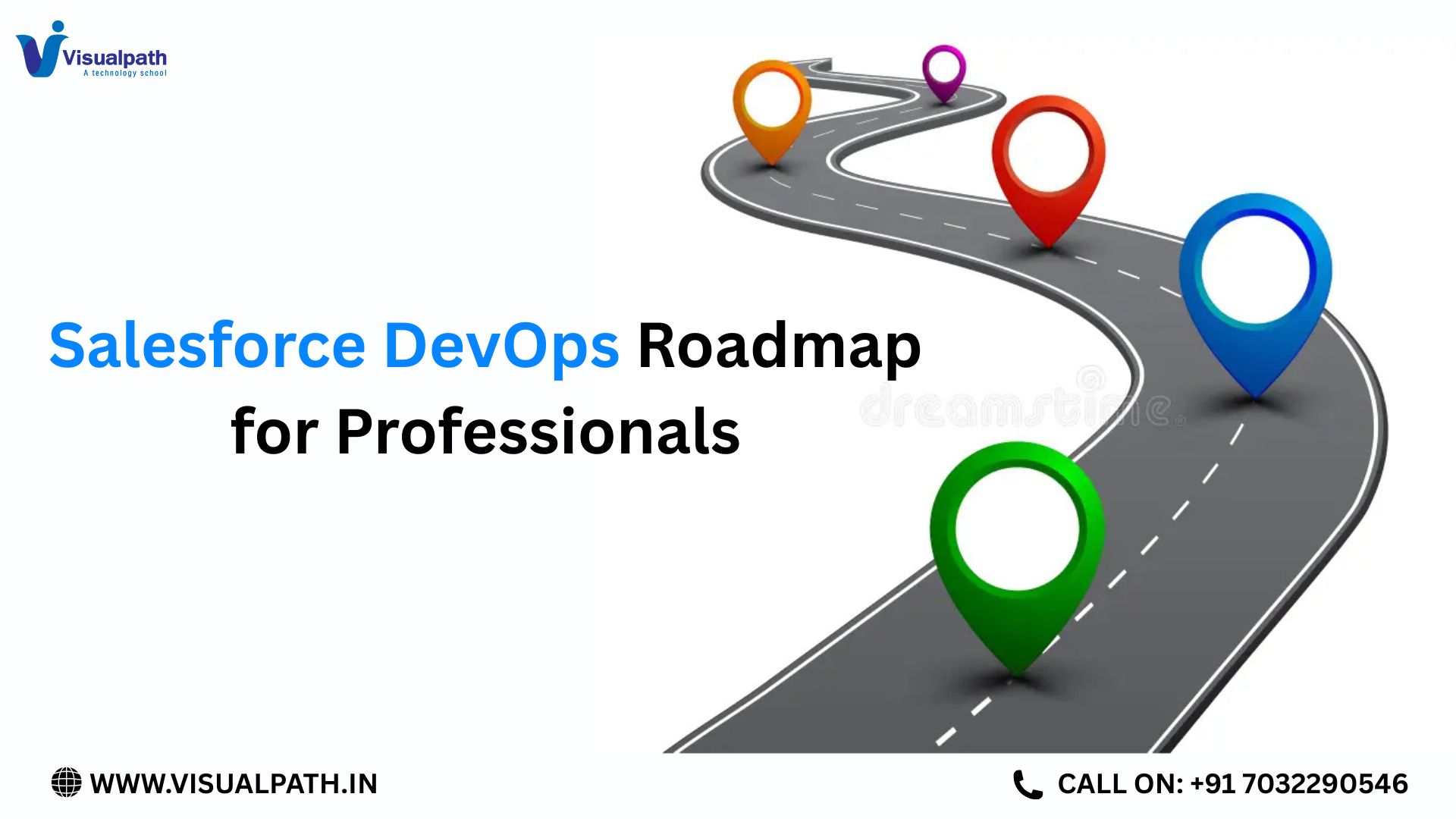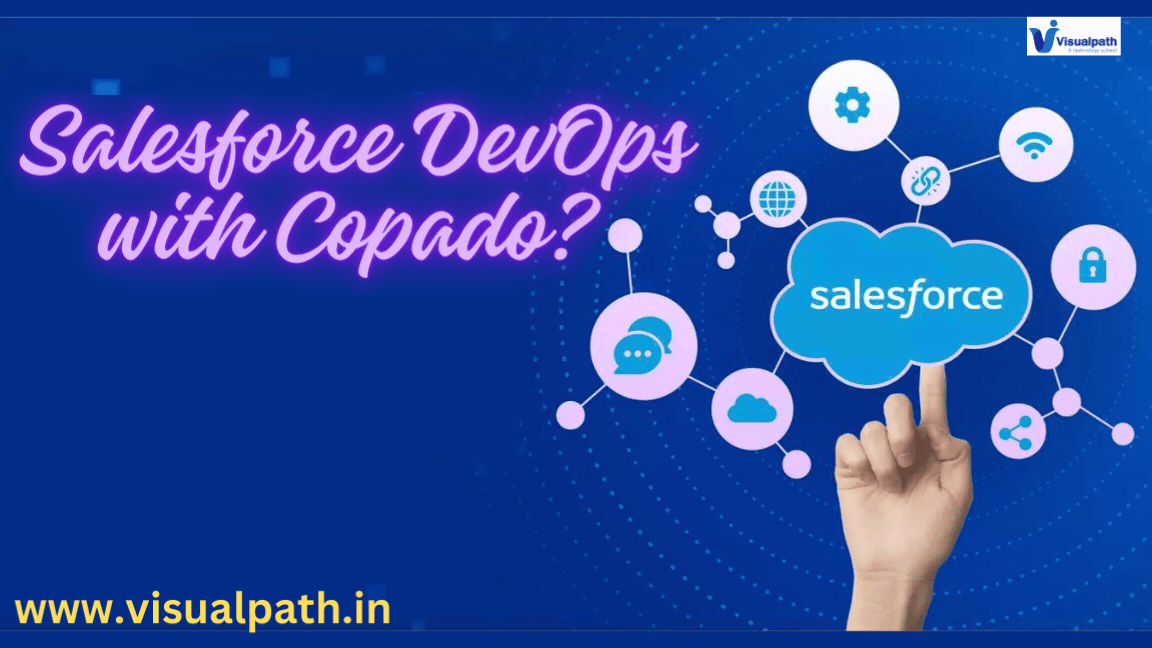Salesforce DevOps Roadmap for Professionals
Salesforce DevOps is rapidly transforming how organizations build, test, and deploy changes across the Salesforce platform. As businesses push for faster delivery and improved collaboration, skilled professionals in DevOps practices specific to Salesforce are in high demand. Whether you’re a developer, admin, or release manager, getting started with the right knowledge is key. A comprehensive Salesforce DevOps Training program is a great place to begin, offering structured guidance, tools, and real-world project exposure.
Why Salesforce DevOps Is Crucial
Salesforce offers a powerful, flexible environment, but managing its deployments can become complex—especially in large orgs. Traditional methods like change sets are no longer enough. DevOps brings automation, transparency, and collaboration into the development lifecycle, enabling faster, error-free releases.
With tools like Git, Jenkins, Copado, and Gearset, professionals can version control their code, automate deployments, and monitor application health. For those preferring self-paced and flexible learning formats, there are detailed Salesforce DevOps Online Courses that offer comprehensive, role-based content for learners at any level. These courses help you stay aligned with evolving industry practices while offering convenience and global accessibility.
Your Step-by-Step DevOps Roadmap
To become a proficient Salesforce DevOps professional, follow a structured path focused on both theory and hands-on application:
1. Learn the Basics
Understand Salesforce architecture, metadata types, deployment models, and org structure.
2. Version Control Systems
Get hands-on experience with Git to manage code versions, collaborate with teams, and enable rollback features.
3. CI/CD Pipelines
Learn about continuous integration and delivery by automating testing and deployment with technologies like GitHub Actions or Jenkins.
4. Quality Assurance
Master automated testing, static code analysis, and validation techniques to ensure code reliability and maintainability.
5. Deployment and Release Management
Understand the full lifecycle—from development to production—and learn strategies for seamless, scalable deployments.
For learners seeking an interactive, classroom-style approach, Salesforce DevOps Training in Hyderabad offers live instructor sessions, real-time projects, and dedicated mentorship. Hyderabad is a growing hub for Salesforce talent, and local training institutes are now equipped with the latest tools, techniques, and hiring connections to prepare professionals for global roles.
Real-World Use Cases and Career Impact
Salesforce DevOps isn’t just for developers—it’s relevant for QA engineers, admins, and release managers too. Mastery of DevOps tools and workflows enables smoother team collaboration, efficient troubleshooting, and rapid delivery cycles.
With organizations shifting towards cloud-native architectures and agile methodologies, From managing environments to automating test cases and reducing deployment risks, these skills make you a valuable asset across any Salesforce-powered enterprise.
Conclusion
The journey to becoming a Salesforce DevOps expert involves more than just tool mastery—it’s about embracing a mindset of continuous improvement, collaboration, and automation. By following a clear learning roadmap and gaining hands-on experience, you can build a strong foundation for long-term success. The demand for DevOps professionals in the Salesforce space will only continue to grow, making now the perfect time to start your transformation.
TRANDING COURSES: AWS Data Engineering, CYPRESS, OPENSHIFT.




